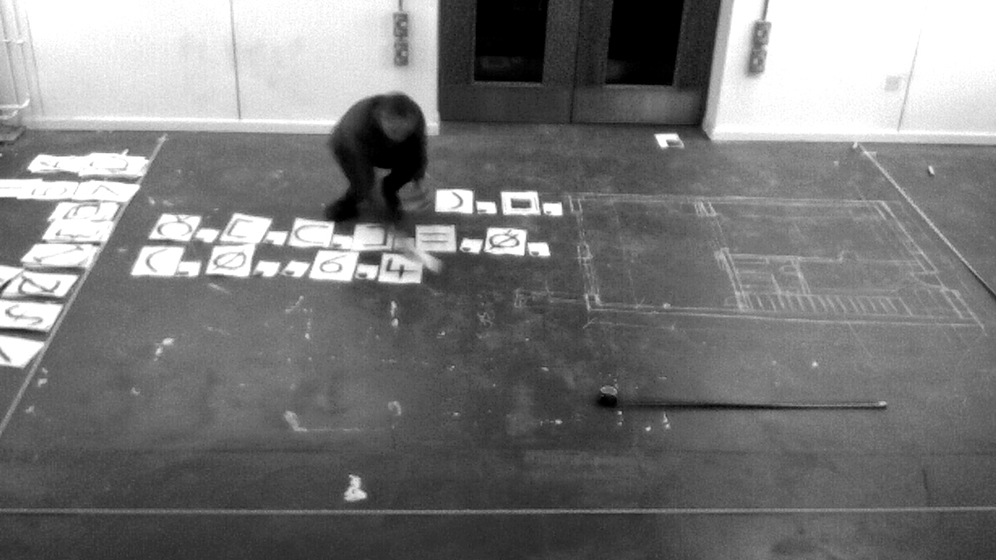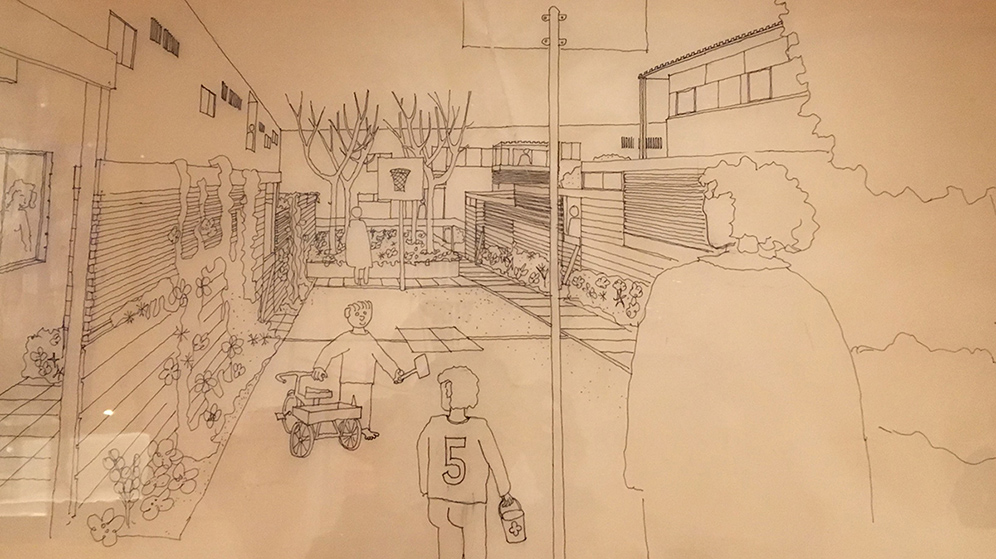ARC: Processes & Practices
This theme seeks to understand the many ways architecture can be created in the 21st century.
This research looks at the diversity of processes that shape our built environment, aiming to increase our understanding of the practical world of making architecture. We achieve this through a blend of both theory and practice.
This theme explores philosophical, political, and social theories that engage with these problems.
It encompasses diverse sites of enquiry, including:
- frameworks, procedures, and specifications within industries and construction processes
- understandings of architectural practice as social and political process/endeavour
- ethnographic explorations gaining insights from everyday realities and informal settlements
- architectural pedagogies as testing ground for student-led participatory projects
- drawing as site of enquiry
Theme Projects
Univer(c)ity
Prue Chiles
A series of research events and publications exploring a range of questions on the future of Universities. What will be the driving ethos of the future university be, the values and politics of its educational project? How will inter and transdisciplinarity shape universities? How should Universities relate to, and engage with, the world around them - Finally what space and place for knowledge is there within the Future University?
Collaborative partners
Olivia Bina - this is a project within the INTREPID the Cost platform
MArch Studio: Claire Harper, Freddie Armitage, Jamie Morton, Safira Albarakbah, Andrew Nelson, May Kaoy, Ciaran Costello, Dominic Davies
Funders
INTREPID, http://intrepid-cost.ics.ulisboa.pt/
Birkhauser Publishers
Contact
Barn
Prue Chiles and CE+CA
How do you facilitate change in an agricultural building historically used for husbandry and crop storage, to create an extended home and work place, sympathetically embedded in the spirit of the landscape and the village of Castleton? How can it contribute to the spirit and memory of place as well as the sustainable future of the Peak Park in Derbyshire and National Parks in general?
Collaborative Partners
Howard Evans, Claire Kemp, Jen Langfield
Contact
Enabling the City
Prue Chiles
We are an international group of researchers and practitioners from various disciplines who have collaborated for three years on critical themes in urban development by exploring the challenges, through inter- and transdisciplinary processes of working. We have linked our practices to new international agendas and analysed through newly defined vocabularies. This project is culminating in an edited Routledge book - Enabling the City.
Collaborative partners
Olivia Bina (Lisbon)
Katrin Padam (Tallinn)
Liis Ojamae (Tallinn)
Josefine Fokdal (Stuttgart)
Funders
INTREPID
Contact
Gathering
Julia Heslop and Ed Wainwright
Gathering was a spatial installation in the Hatton Gallery, Newcastle, designed and built by Heslop and Wainwright. It comprised of an interconnected sequence of ‘grottoes’ assembled from found and given material, each of which were dedicated to an artist whose work deserves to be reconsidered in relation to collage as an expanded, immersive or time-based practice. Gathering hosted a programme of durational, performative and non-static artist interventions.
Funders
Tyne and Wear Archives and Museums, and Architecture Research Collaborative, Newcastle University.
Contact
julia.heslop@newcastle.ac.uk // www.juliaheslop.com // edward.wainwright@newcastle.ac.uk
One Hundred and Thirty Million Pounds of Earth
Julia Heslop
Shieldfield, an estate in Newcastle, is caught in the middle of a global land and development market. From 2011-2015 Shieldfield’s Ward saw a 467% increase in student housing numbers. By mapping ownership and land values, this work uncovered offshore ownership - money that has little relationship to the local economy. Each building was then recreated using handmade bricks each ‘worth’ £250,000 - the size of each model corresponding to the amount paid for the land.
Collaborative Partners
This work was made as part of Dwellbeing, a group of people that live/work in Shieldfield who have come together in response to the impacts of rapid urban development in the neighbourhood.
Contact
Re-bugging Revit
Alex Blanchard
My research questions how computational modes of design affect the architect’s practice, taking as its research context the increasing shift toward Building Information Modelling techniques. Grounded in a study of coding practices beneath the interface, the work explores the cognitive psychology of designers as they inhabit structures created by computational systems.
Supervisors: Edward Wainright, Martyn Dade-Robertson, Katie Lloyd-Thomas
Children and Public Space
Sally Watson
The impact of progressive design on children's activities in the Byker Estate, Newcastle-upon-Tyne
Children’s independent use of public space has decreased in recent decades. My research investigates children’s independent mobility and outdoor play on a progressive 1970s housing estate, the Byker Estate, Newcastle upon Tyne. It examines the influences on the estate’s design and explores the extent to which attributes of the estate, which were designed with children in mind, positively or negatively affect children’s outdoor activities.
Supervisors Maggie Roe and John Pendlebury
Collaborative partners Royal Institute of British Architects
Contact s.watson2@newcastle.ac.uk
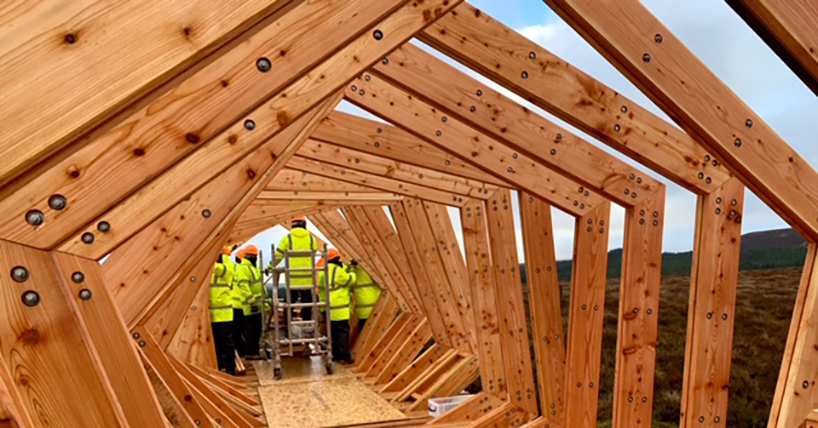
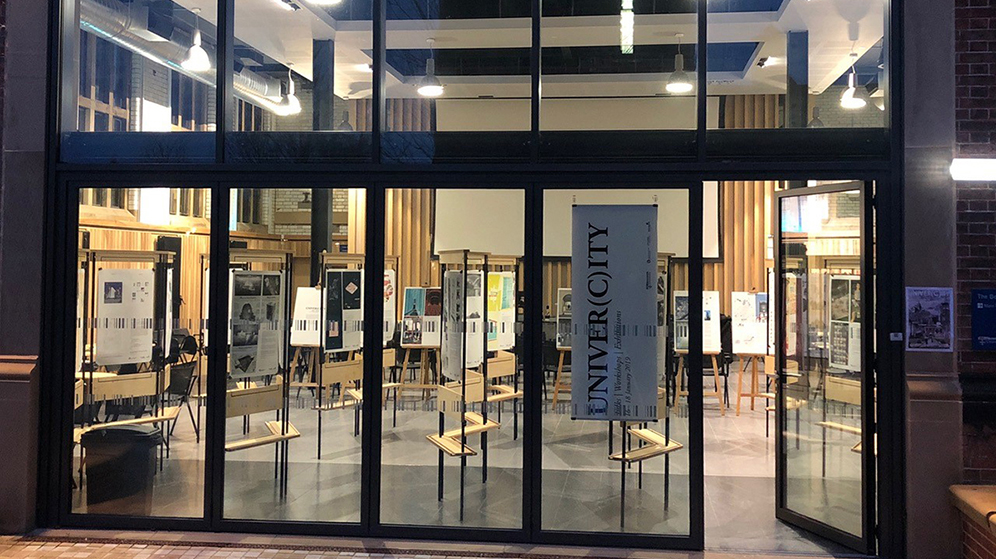
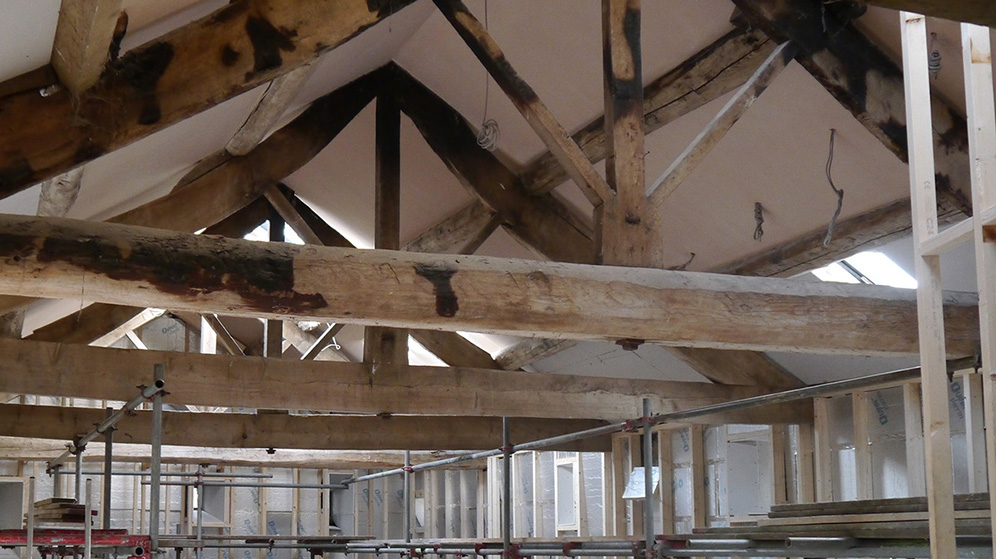
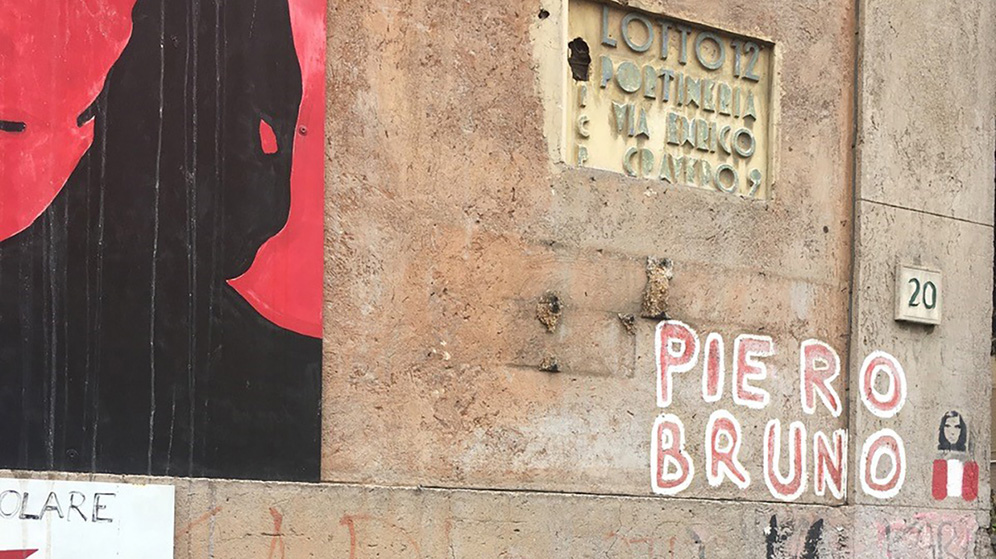
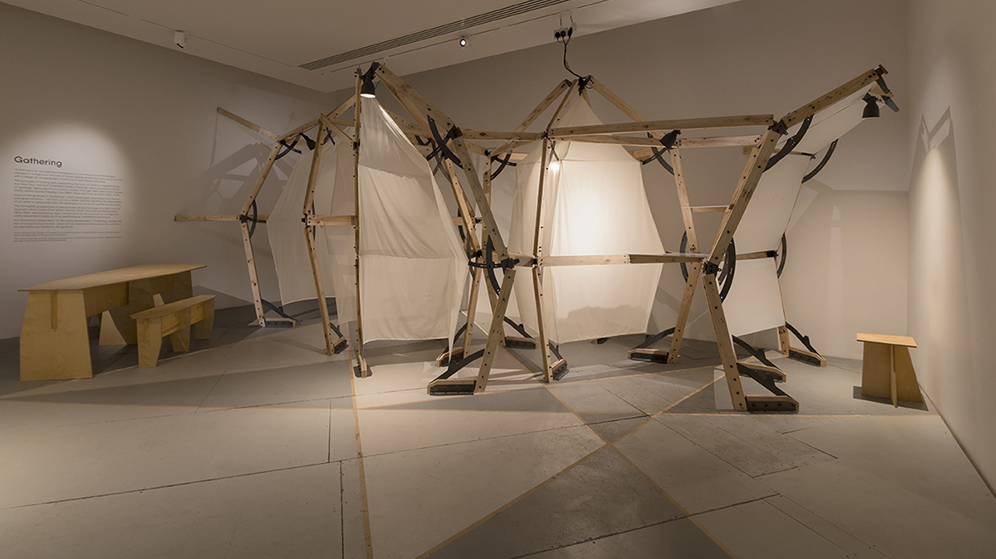
---Photo-Credit-Matthew-pickering-2019.jpg)
